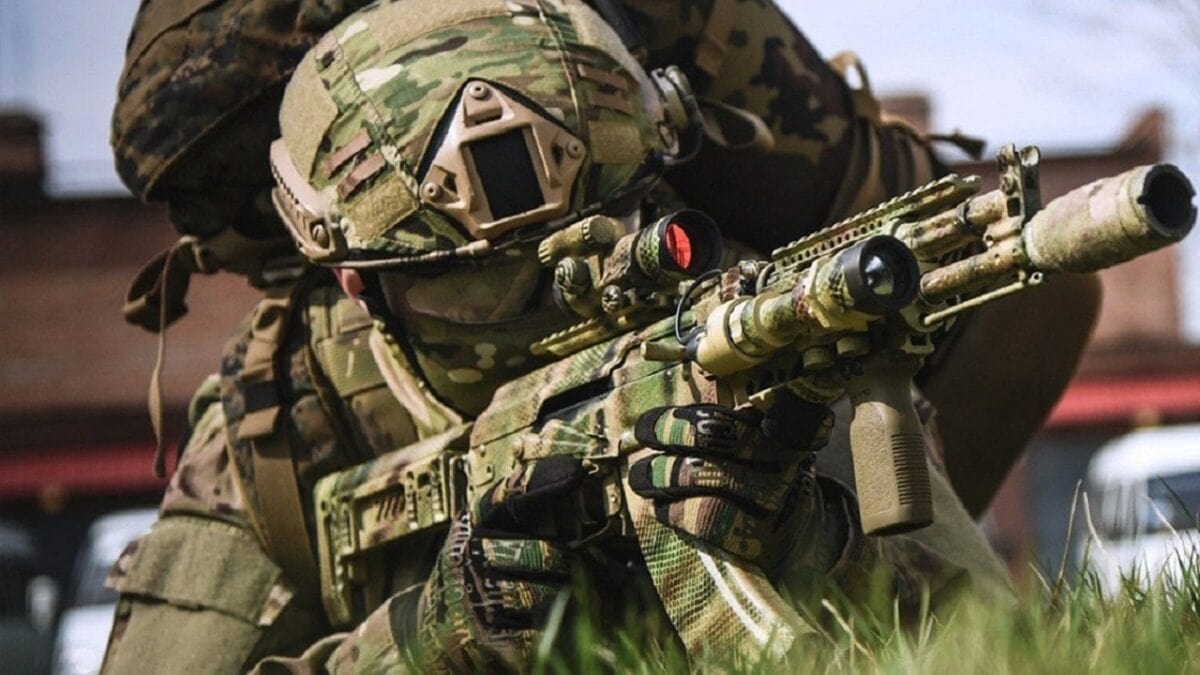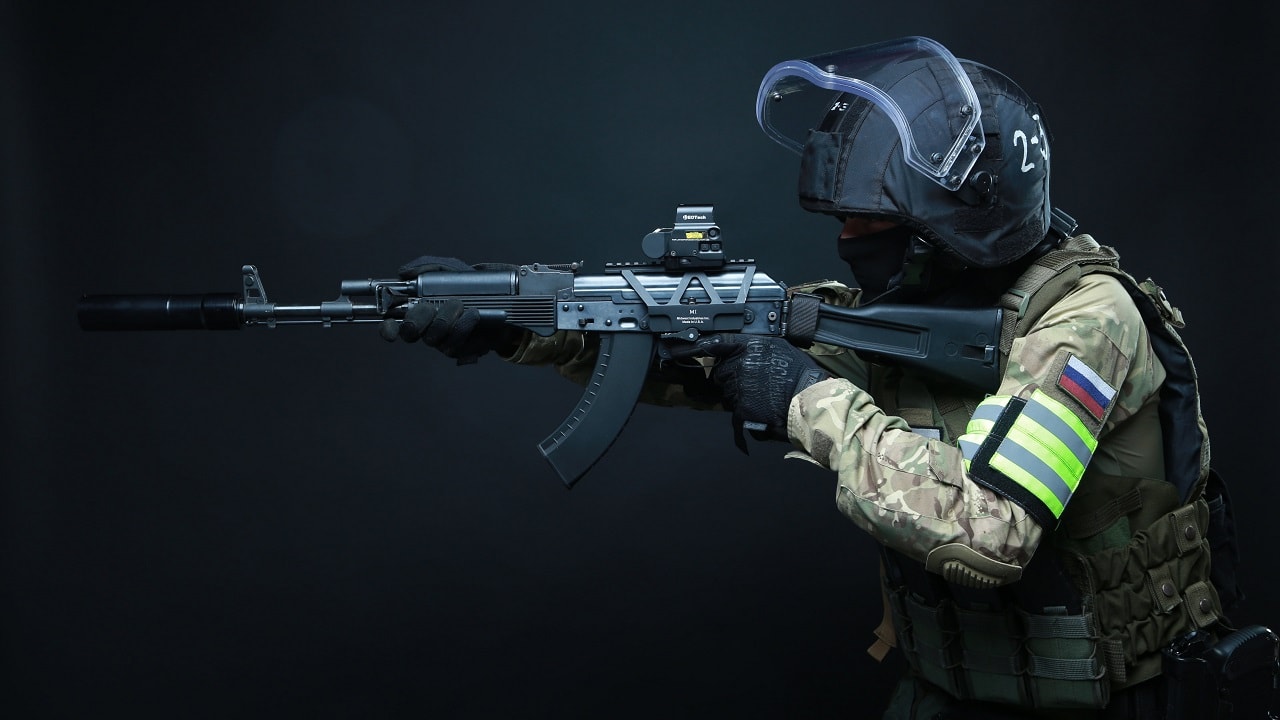Russia’s Top Mercenary Killed As Russia Relies More On Wagner Group Criminal Soldiers – A Wagner Group mercenary who worked for the private military contractor regularly deployed by the Russian military in overseas operations has been killed while fighting in Ukraine, according to recent reports.

Russian Military Soldiers. Image Credit: Creative Commons.
The soldier, described as Putin’s “top mercenary” by Britain’s Express newspaper, was reported dead by the Top Cargo 200 website which tracks the deaths of top Russian officers. Battalion Commander Sergei Kononov volunteered to fight in the Donbas in 2014 and was the Ural Special Forces Company in 2015. The soldier also reportedly fought in Syria and Libya with the Wagner Group and received the highest award from the Syrian Arab Republic from President Bashar al-Assad.
Kononov reenlisted earlier this year and was appointed a commander of a special operation force of the 331st Guards Airborne Regiment. According to Top Cargo 200, the soldier “died near a mortar.”
Increasingly Reliant on Convicts
In July, Britain’s Ministry of Defence said that the Kremlin was becoming increasingly reliant on the Wagner Group to “reinforce front-line forces and to mitigate manning shortfalls and casualties.”
In an intelligence updated shared on Twitter, the UK Ministry of Defence said that Wagner has “almost certainly played a central role in recent fighting, including the capture of Popasna and Lysychansk.”
The update described how the heavy casualties have also hit the Wagner Group, forcing the private military contractor to go to desperate lengths to restaff – including hiring convicts.
“The fighting has inflicted heavy casualties on the group,” the update reads. “Wagner are lowering recruitment standards, hiring convicts and formerly blacklisted individuals.”
Intelligence officials also believed that Wagner is providing very limited training to new recruits.
With the loss of high-profile commanders like Sergei Kononov, it’s possible that Wagner no longer has access to the personnel required to perform the training, or that its personnel is too busy fighting in eastern and southern Ukraine to oversee the training.
“Worse Than Nazis”
In an article published in the Kyiv Post, Aleksandra Klitina described the Wagner Group as “worse than Nazis,” citing the brutality of the private military contractor.
“Even the name is no coincidence – Richard Wagner was Hitler’s favorite composer. Word has it that the head of the Wagner group, Dmitry Utkin, is a fan of the Third Reich, and, therefore, gave the group this name,” Klitina claimed.
In the piece, Klitina also noted that Wagner is not the only private military company participating in the invasion of Ukraine.
“The PWC Redut is also involved, but it collaborates closely with the Russian army,” the piece explains, adding that Wagner still stands out as it owns its own weapons, ammunition, and military planes.
With high-profile commanders and personnel being lost so quickly, however, it’s unclear how the organization will continue to operate these expensive and dangerous machines on Ukrainian soil – or even how long the group can afford to continue to support the Russian military.
Jack Buckby is a British author, counter-extremism researcher, and journalist based in New York. Reporting on the U.K., Europe, and the U.S., he works to analyze and understand left-wing and right-wing radicalization, and reports on Western governments’ approaches to the pressing issues of today. His books and research papers explore these themes and propose pragmatic solutions to our increasingly polarized society.

